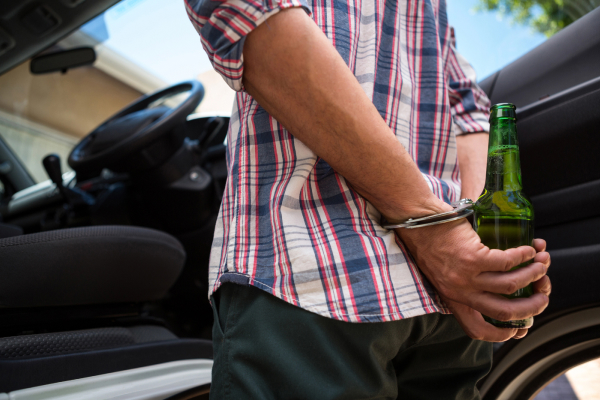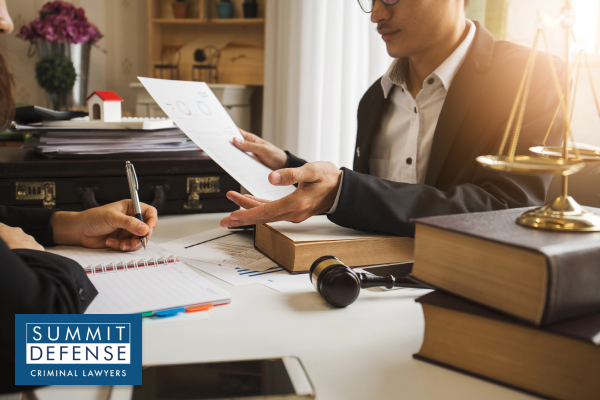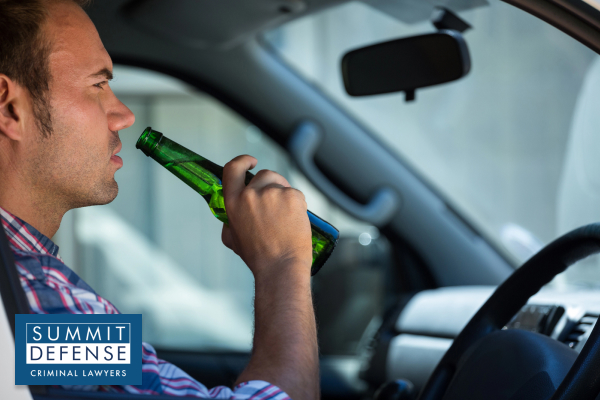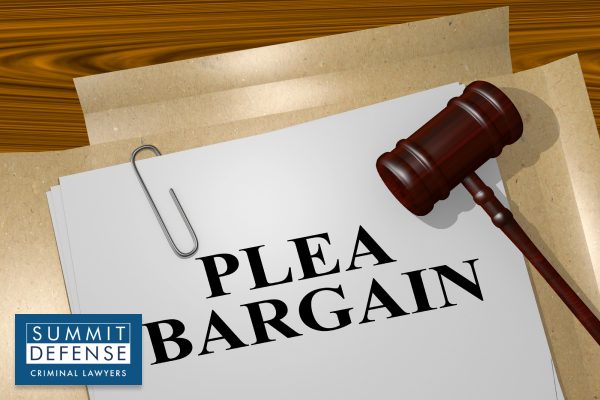
Summit Defense Criminal Lawyers helps people facing DUI charges every day. Our team of criminal defense attorneys understands how to handle plea negotiations and when it makes sense to push for better terms.
Whether it's a first-time offense or a more complex situation, we know how to look for weaknesses in the prosecution’s case. We also understand how to use your history, facts, and legal options to seek a more lenient sentence through a strong DUI plea bargain.
What Is a Plea Deal in a DUI Case?
In a DUI case, a plea bargain is a deal between you and the prosecutor. Instead of going to trial, you agree to plead guilty to a lesser offense. In return, the punishment may be reduced.
Types of DUI Plea Bargains
There are several types of DUI plea bargains. One common option is wet reckless, which means reckless driving involving alcohol but not a full DUI. This type of plea bargain often comes with less jail time, smaller fines, and no required license suspension.
Other plea agreements might involve reduced charges that don’t count as prior DUI convictions if you’re arrested again. Each type of deal depends on your record, the evidence, and what the prosecutor is willing to offer.
Why Prosecutors Offer Plea Deals
Prosecutors may offer plea bargains to save time and avoid a trial. If the prosecution’s case has weak spots, like unclear test results or mistakes by the arresting officer, a plea deal can be a smart way to resolve things.
They may also consider your clean record, cooperation, or proof that you're trying to fix the issue. In many drunk driving cases, a plea bargain helps the court move faster and gives both sides a fair result without the risks of a full trial.
How DUI Lawyers Help With Plea Negotiations

Reviewing the Evidence for Weaknesses
A good lawyer starts by carefully reviewing all the evidence the prosecution plans to use. This includes things like blood test results, breathalyzer tests, police reports, and any dashcam footage from the stop.
If there were issues like a lack of probable cause for the traffic stop, or if the officer made mistakes during field testing or arrest, those weaknesses could help lead to a DUI plea bargain or even a case dismissal.
Identifying Favorable Factors (First Offense, Clean Record, etc.)
Lawyers know that not all DUI charges are the same, and many people are arrested for drunk driving even though they have no prior criminal cases or history of bad behavior. If this is your first offense, if your blood alcohol level was barely over the legal limit, or if you’ve already taken steps like enrolling in alcohol programs, these facts can all help push for a plea agreement with a more lenient sentence.
Communicating With Prosecutors on Your Behalf
Many prosecutors are more willing to talk seriously when they know a trained criminal defense attorney is involved. Your lawyer can present your background, explain your cooperation, and highlight anything that might lead the prosecutor to offer a deal. This kind of communication takes skill and strategy, and it can be the difference between a harsh result and a lesser charge.
Common Outcomes of a DUI Plea Deal

- Wet Reckless: This is a charge of reckless driving involving alcohol, and while it still stays on your record, it carries lighter penalties than a DUI and may not count as a prior DUI if you get charged again later.
- Dry Reckless: This is reckless driving without any mention of alcohol, which is a better outcome than a DUI because it usually doesn’t involve mandatory jail, license suspension, or DUI education programs.
- Reduced Fines and Jail Time: As part of a plea bargain, the court may lower your fines or shorten your jail time, especially if the prosecutor agrees that the evidence is not strong or that you have no prior offenses.
- No License Suspension: In some plea agreements, your lawyer might be able to argue for you to keep your driver’s license, which can make a big difference if you need to drive for work or school.
- Avoiding a DUI Conviction: The biggest benefit of plea bargaining in many DUI cases is the chance to avoid a formal DUI conviction, which can follow you for years and affect your insurance, job opportunities, and personal life.
When Is a Plea Deal Most Likely?

In DUI cases where there are no injuries, no property damage, and no clear signs of reckless or dangerous behavior, the court and the prosecution may be more open to working out a deal.
First-Time DUI Offenses
If this is your first DUI charge and you have no previous criminal cases or DUI convictions, you may be in a better position to receive a plea bargain. Prosecutors are often more willing to reduce charges for someone with a clean record, especially when there's a sincere effort to accept responsibility and avoid future problems.
Taking early steps like alcohol education or community service may also help show that you're not likely to reoffend.
No Injuries or Accidents Involved
A DUI charge that did not result in any injuries, crashes, or property damage is more likely to be resolved through plea bargaining, especially if the arrest happened during a routine stop and the person cooperated with the police.
Without aggravating factors like reckless driving, a high BAC, or resistance during the arrest, the prosecutor may be more willing to negotiate. A clean driving record and polite behavior during the stop can also help your case.
FAQs



